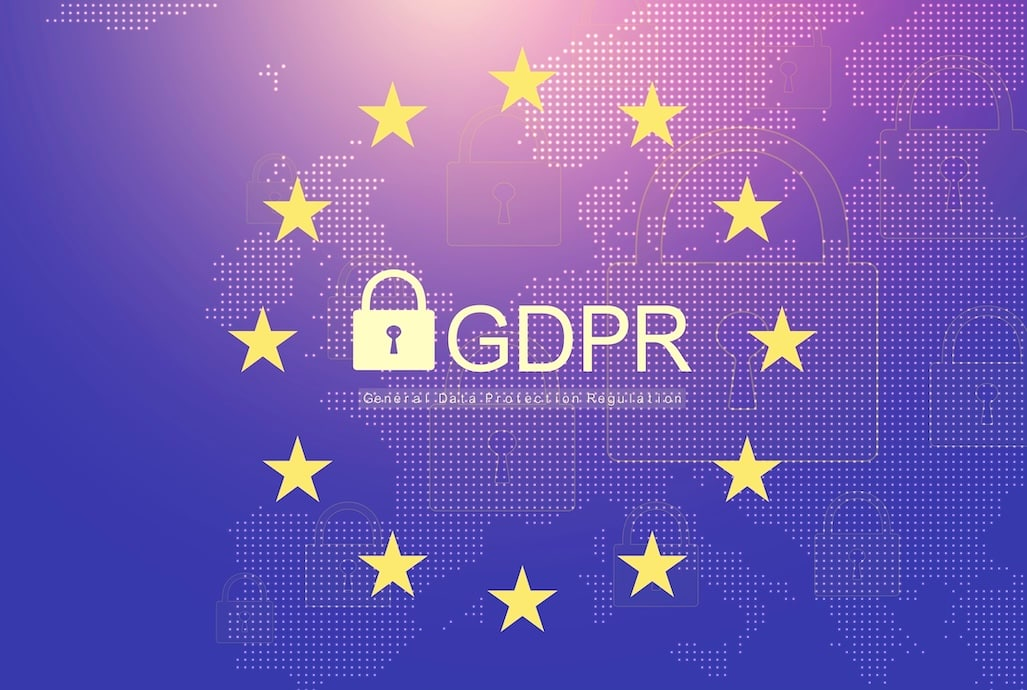In an era where our online activities leave an ever-expanding digital footprint, a recent report has sparked renewed debate over the ethics of data tracking. The study, released on September 26, 2024, calls for a fundamental overhaul of how companies collect, use, and sell personal information, highlighting the urgent need to address what experts are calling “The Privacy Paradox.”
The Consent Dilemma
At the core of this issue lies a significant problem: the lack of meaningful consent. While most digital platforms offer terms of service agreements, these documents are often lengthy, laden with legal jargon, and rarely read in full by users. As a result, individuals unknowingly agree to extensive data collection practices, potentially compromising their privacy in an increasingly data-driven world.
The report emphasizes that “Few people read or fully comprehend the implications of clicking ‘accept,'” underscoring the critical need for more transparent and user-friendly consent mechanisms.
Power Imbalance and Loss of Control
Another key concern highlighted in the study is the substantial power disparity between corporations and consumers. Companies equipped with sophisticated data analysis tools can easily monetize user information, while individuals have minimal control over how their data is used once collected.
This lack of control extends beyond the initial point of data collection. Once personal information is sold to third parties, consumers lose any semblance of ownership or control. The report warns that this data could potentially end up in the hands of organizations that users would never knowingly support, including political groups, data brokers, or even foreign governments.
Eroding Consumer Trust
The widespread practice of data tracking is not just an ethical concern—it’s also eroding consumer trust. A 2023 Pew Research Center survey cited in the report reveals that 79% of Americans are worried about how companies use their data. Moreover, 63% believe it’s impossible to go through daily life without being tracked by businesses.
This erosion of trust has tangible consequences for businesses. Consumers who feel their privacy is being violated are less likely to engage with brands, share personal information, or make purchases.
A Shift Towards ‘Opt-Out by Default’
To address these concerns, the report advocates for a significant change in how data collection is approached. It calls for an “opt-out by default” model for all websites and apps, reversing the current paradigm.
Under this proposed model, data tracking and collection would be automatically disabled unless users explicitly choose to share their data. This change would prioritize privacy protection, rather than treating it as an afterthought.
The report argues, “By adopting an opt-out by default approach and respecting consumer privacy, businesses can build long-term loyalty and trust.”
Privacy as a Fundamental Right
As we navigate an increasingly digital world, the report emphasizes that privacy should be treated as a fundamental human right, not a commodity to be bought and sold. It urges governments, businesses, and consumers to recognize this principle and take action to protect it.
While some companies, such as Apple with its App Tracking Transparency feature, have begun to embrace this shift, there’s still significant progress to be made. The report concludes with a powerful statement: “Consumers are not products. Their data should not be collected, corrected, and sold without their knowledge or consent.”
As the debate over data privacy continues to evolve, it’s clear that the current model of data tracking is due for a significant overhaul. The question remains: will businesses and policymakers heed this call for change, or will the commodification of personal data continue unchecked? The answer may well shape the future of our digital lives.

